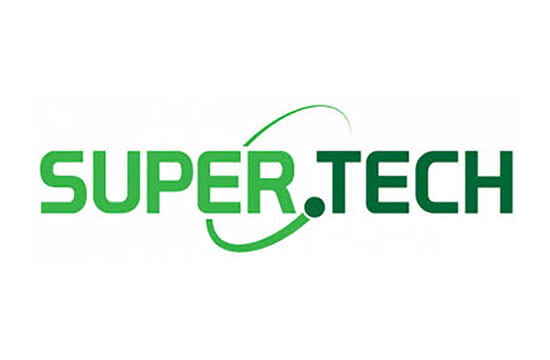Super.tech, a participant in the inaugural cohort of the quantum tech startup accelerator Duality, announced the launch of a software platform endeavoring to make quantum computing commercially viable years sooner than otherwise possible.
The company was spun out of the National Science Foundation’s EPiQC: Enabling Practical-Scale Quantum Application, a multi-institutional research initiative led by the University of Chicago. Super.tech is also incubated by Argonne National Laboratory’s Chain Reaction Innovations (CRI) fellowship program and was part of CRI’s Cohort 4.

The beta launch of SuperstaQ will include engineers and researchers from EPiQC, Lawrence Berkeley National Laboratory’s Advanced Quantum Testbed (AQT at Berkeley Lab), and Morningstar, the Chicago-based investment firm.


